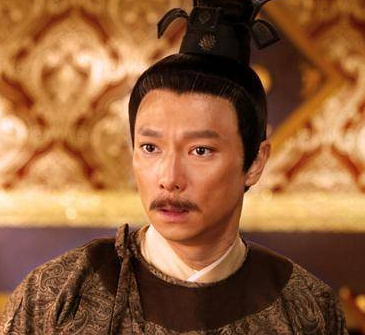In the ancient history of China, both Li Si and Han Fei, as representatives of the Legalist School, exerted profound influences on the Qin Dynasty and subsequent generations. However, when we attempt to compare their respective impacts, who had a greater influence on later generations: Li Si or Han Fei? This article will analyze this question from different perspectives.

1. Political Achievements and Influences
As an important advisor to Emperor Qin Shi Huang, Li Si made significant contributions to the unification of the Qin Dynasty. He advocated centralization of power and implemented a series of reform measures, such as unifying measures and currencies, providing valuable experience for later rulers. In contrast, Han Fei was renowned for his incisive writing and profound political insights, significantly influencing the development of the Legalist School. In terms of political achievements, Li Si's influence seems more direct and significant.
2. Ideological Inheritance and Development
Han Fei was a master of Legalist thought, and his work "Han Fei Zi" systematically expounded the theoretical system of Legalism. Although Han Fei himself did not witness the glory of the Qin Dynasty, his thought profoundly influenced subsequent rulers. In contrast, although Li Si achieved great success in practice, he showed some deficiencies in theoretical system construction. Therefore, from the perspective of ideological inheritance, Han Fei's influence is more extensive.
3. Historical Evaluation and Controversy
There have been controversial evaluations of both Li Si and Han Fei in history. Li Si received many criticisms for the incident of burning books and burying scholars, being considered a representative of cultural dictatorship. On the other hand, Han Fei's pessimistic theory of human nature and emphasis on the rule of law have been controversial. However, it cannot be denied that the thoughts and actions of both individuals have had profound impacts on later generations. At this level, it is difficult to simply judge who had a greater influence.
4. Conclusion
In summary, Li Si and Han Fei demonstrated their respective influences in different aspects. Li Si achieved great success in political practice, providing valuable experience for later rulers, while Han Fei had a more extensive influence in ideological inheritance. Although there are controversies in historical evaluations of them, we cannot deny their important positions in Chinese history. Therefore, when comparing their influences, we should consider various factors comprehensively and avoid making simple judgments.
Disclaimer: The above content is sourced from the internet and the copyright belongs to the original author. If there is any infringement of your original copyright, please inform us and we will delete the relevant content as soon as possible.































